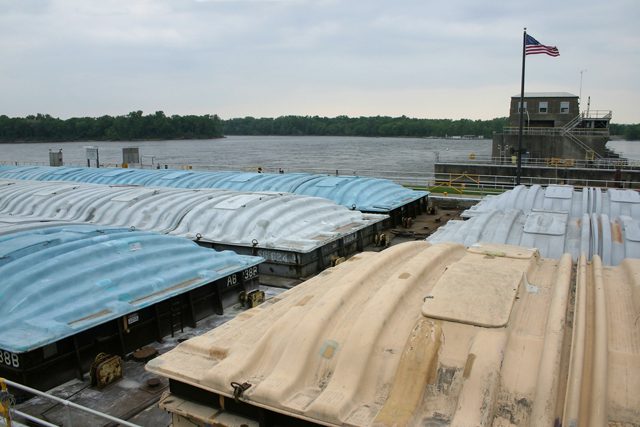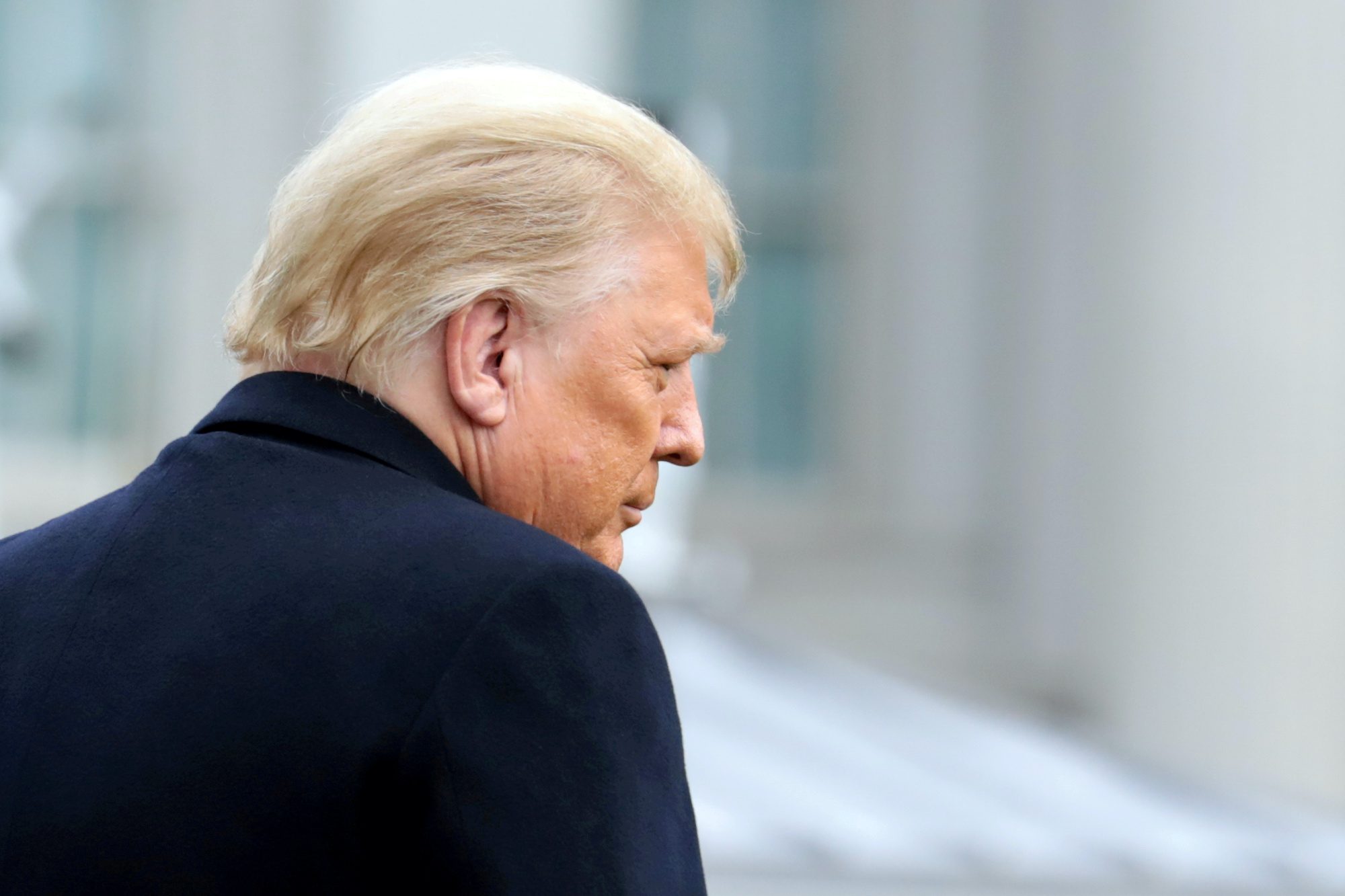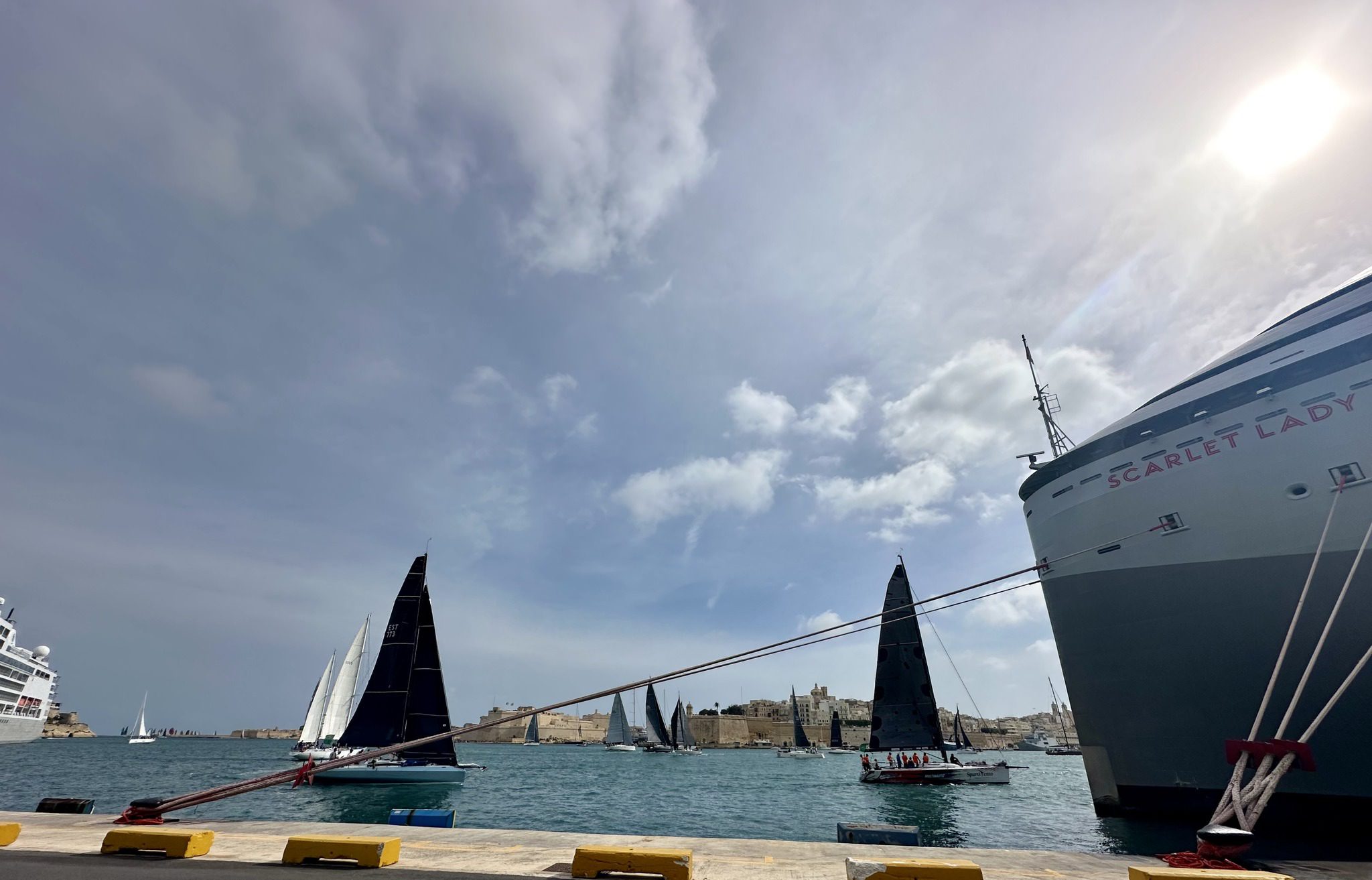Oct. 23 (Bloomberg) — Confronted by Tea Party Republicans who question every dollar the U.S. government spends, Michael Toohey is turning to the most authoritative voice they might heed: President George Washington.
After touring Lake Champlain, Lake George and rivers that feed into Lake Ontario in 1783, the future first president wrote: “Prompted by these actual observations, I could not help taking a more extensive view of the vast inland navigation of these United States.”
“Would to God we may have wisdom enough to improve them,” he concluded.
If Washington’s words are persuasive, commercial waterway legislation may be enacted for the first time since 2007. The House plans to vote as soon as today on a multibillion-dollar bill that would authorize 23 port, dredging, levee and environmental restoration projects.
Toohey’s lobbying approach — speaking the language of the small-government movement that often cites the inspiration of the nation’s founding fathers — could become a model for other business groups trying to pass spending legislation.
“I think the lesson is to be sure that we have made a strong case for a federal role to the freshmen and sophomore members,” said Toohey, president and CEO of the Arlington, Virginia-based Waterways Council, which represents barge companies, ports, labor unions, farm groups and tugboats.
U.S. Constitution
The U.S. Chamber of Commerce also is taking that tack in a letter to House members praising the legislation because it would “keep faith with the Constitutional responsibility for supporting interstate commerce.” Among the co-signers: Caterpillar Inc., John Deere, Maersk Inc. and industry groups for grain, apparel, iron and steel.
“To me, they do need to start with the basics, the conference does need to be educated,” Representative Tom Cole of Oklahoma said of his fellow House Republicans.
In addition to quoting Washington, the shipping and port- construction advocates took lawmakers on flyovers and barge rides, showing them how the legislation might facilitate the interstate commerce mentioned in the Constitution.
They tried to make the case for the broader concept; rather than discussing which projects should be in the bill, they focused on why there should such a law.
“Looking at the new folks who have come on, especially with the conservatives, you’re having to reprove” the need for legislation, Jim Walker, director of navigation and policy for the American Association of Port Authorities, said in an interview.
New Members
More than half of the House was elected since that last waterway development bill was enacted, and about 47 percent of Republicans have three years or less experience in Congress.
“It’s almost 180 degrees from what it used to be,” Walker said. An argument for passage can’t just be “because you’ve always done it in the past.”
The briefing material prepared for lawmakers by the House Transportation and Infrastructure Committee is 14 pages long. Not until the eighth page do they enumerate the projects or identify the states that might benefit. Everything before that is an explanation of the federal government’s role and why the bill, H.R. 3080, was written in the first place.
First-term Republican Randy Weber of Texas needed see the bill and do some research before committing to the legislation, even though it could bring jobs in his district by permitting the government to pay to deepen the Sabine-Neches Waterway on the Texas-Louisiana border.
Refinery Benefits
Dredging the channel, which connects one of the largest U.S. oil and natural gas ports to the Gulf of Mexico, would “enhance efficiencies of our refinery in Port Arthur, Texas,” Valero Energy Corp. spokesman Bill Day said in an e-mail.
Businesses and local leaders along the Sabine-Neches said they will benefit economically from the larger ships that will depart from Texas to carry cargo through the Panama Canal, as well as construction of the Keystone XL pipeline that will empty its oil into Port Arthur-area refineries.
Under the bill, the federal government would be allowed to provide about $779 million toward the $1.1 billion project.
Lobbyist Milam Mabry in August used a helicopter ride to show the scope of the project to Weber, who holds the seat of former Representative Ron Paul, an early Tea Party favorite who ran in the 2012 Republican presidential primary.
As the helicopter zoomed from Beaumont to Port Arthur and the Gulf, Mabry pointed out which collection of storage tanks belong to ExxonMobil Corp, which was Total’s and which stored liquefied natural gas for Golden Pass Products LLC.
Deepening the Sabine-Neches Waterway at an oil and natural gas refining hub on the Texas-Louisiana border is the largest primarily commercial project in the bill, followed by dredging a channel into the harbor of Savannah, Georgia.
As the chopper touched down, Weber’s message through an intercom is just what Mabry and the pilot, Clayton Henderson, assistant general manager of the Sabine-Neches Navigation District, wanted to hear.
“The Constitution says that Congress has control over interstate commerce,” said Weber. “This is pretty much interstate commerce right here — international commerce really.”
– Derek Wallbank, Copyright 2013 Bloomberg.
Unlock Exclusive Insights Today!
Join the gCaptain Club for curated content, insider opinions, and vibrant community discussions.

 Join The Club
Join The Club











